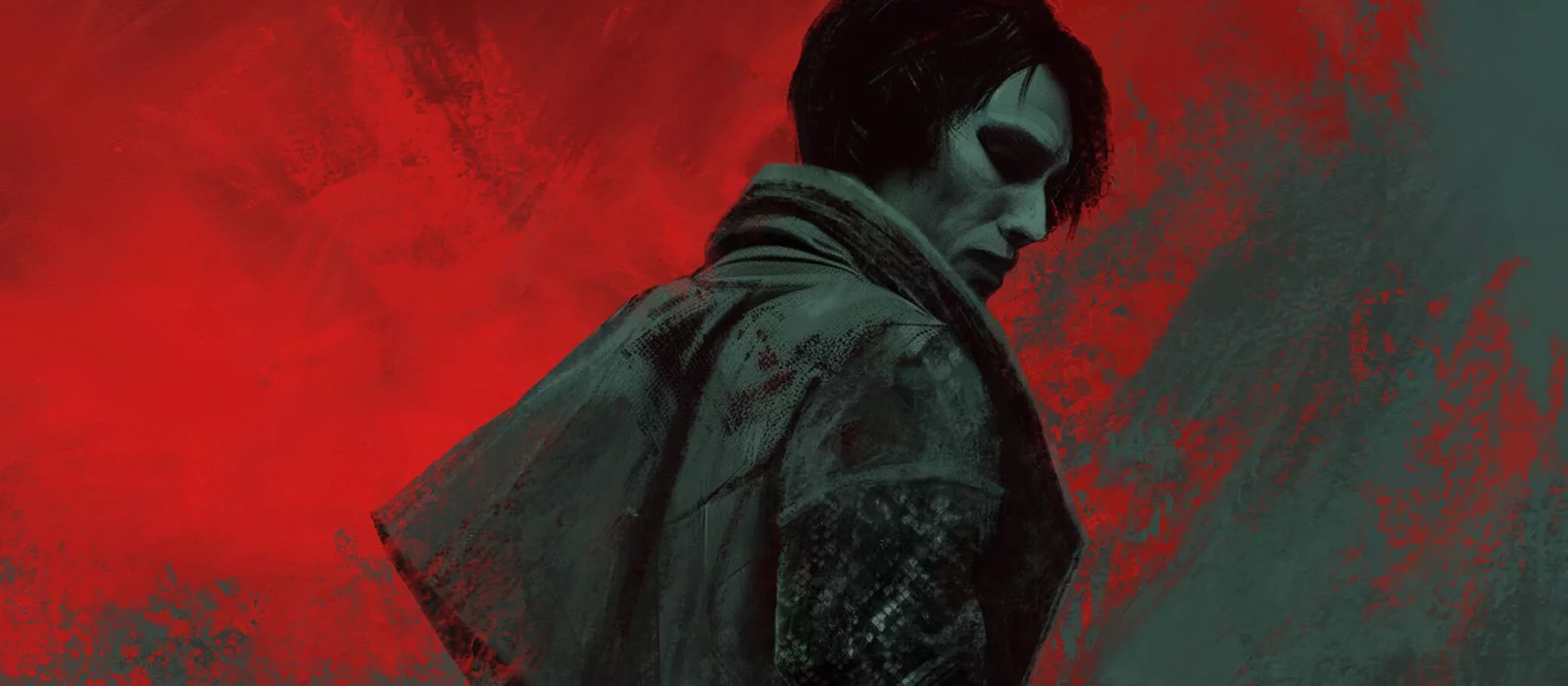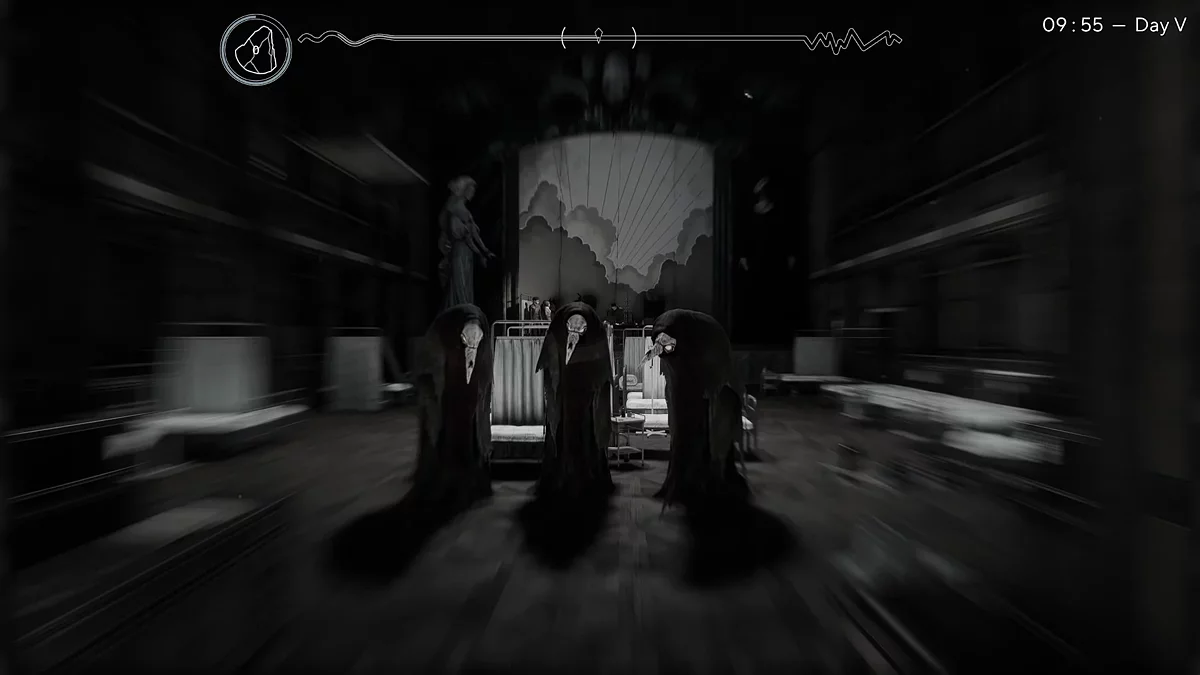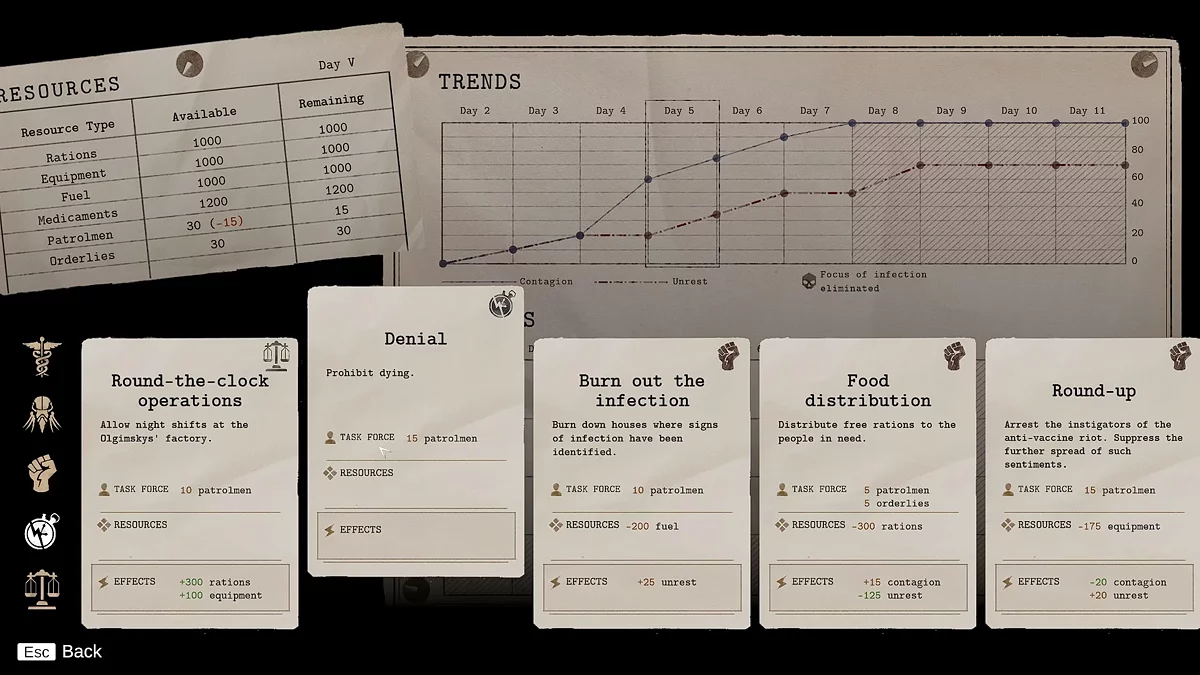Pathologic 3: Quarantine Preview — Kick the Trash Cans to Survive

Pathologic 3: Quarantine has been released on Steam—a peculiar demo for the next installment of the cult series. However, the developers position it as both a prologue to the main story and a standalone experience. And not without reason.
Once again, Ice-Pick Lodge experiments: the struggle against a plague engulfing a small town now comes with detective elements in the vein of Adventures of Sherlock Holmes, time travel, and new survival mechanics. In short—if you want to live, kick the trash cans. The three hours of gameplay left us with plenty of impressions, and we'll share them below—without spoiling too much.
Something New
For the first time in the series' history, Pathologic doesn't start in the familiar steppe town on the brink of an epidemic, nor on a train heading there, or even in a bad dream. Instead, we begin in an unnamed Capital, exuding the atmosphere of early 20th-century St. Petersburg. It's a unique aesthetic rarely seen outside of old films.
This time, the protagonist is Bachelor of Medicine Daniil Dankovsky. Those familiar with the series already know who he is, but for the uninitiated—he's a scientist with an ambitious goal: to cure death itself. In Quarantine, we get to see his workplace and colleagues for the first time—though not under the best circumstances. The laboratory is about to be shut down, and everyone working there is on the verge of being fired.
Are you familiar with Pathologic?
Through this conflict, the game gradually introduces its new mechanics—of which there are many. Pathologic is now also a detective story. With a button press, the Bachelor can "dive" into his own mind and perceive the world through his rational, analytical lens. He has something to say about almost everything.
Weapons are now less about shooting and more about intimidation. A well-executed bluff—pointing an unloaded revolver at an enemy—might save your life. But if you hesitate or get caught trying to pull the trigger on an empty chamber, you're done for. It's an interesting and fresh mechanic, and it makes perfect sense for a scientist who has probably never fired a gun before.
One of the first in-depth dialogues makes it clear that even the seemingly untouchable core gameplay—conversations with NPCs—has been subject to experimentation. Without spoiling anything, let's just say we were pleasantly surprised by this unexpected twist.
And all of this happens before we even reach the Town—before the encounter with the Sand Plague. Once that begins, the surprises multiply.
A Study in Crimson
The narrative in Quarantine is nonlinear. The game throws you from the prologue into the epilogue, then into the middle—specifically, the fifth day of Dankovsky's stay in the Town. Gameplay as the Bachelor now revolves around working in the hospital, diagnosing patients, and gathering information about the infected—fully immersing the player in the medical process. As a doctor, you also take on the role of a detective: people lie, hide details, and fear saying too much. Treating patients isn't enough—you have to get to the truth.
Medical examinations play out as mini-games where you must consider symptoms, analyze the environment, and even talk to the patient’s neighbors before recording findings in medical charts. The mechanics resemble Adventures of Sherlock Holmes by Frogwares but with Pathologic’s signature despair and surrealism. There’s even a local "Dr. Watson"—a self-taught assistant who hangs onto Dankovsky’s every word.
Why diagnose patients in a town plagued by a mysterious disease? Because for some, the Sand Plague presents with milder symptoms. The Bachelor believes this may be due to pre-existing conditions—and sets out to discover which ones. Untangling this web is no easy task. In Quarantine, you only need to diagnose three patients—but we’ll admit, we failed on our first attempt. Cases are complex, symptoms contradict each other, and witness statements are often misleading. But that only makes it more compelling.
Some design choices, however, are questionable. Fast travel, for instance, is now mandatory. This undermines the Town's sense of unity—it no longer feels like a single, interconnected organism but a series of separate zones you can jump between at will. In previous installments, where players memorized every alley and dark corner, such an approach would have been sacrilege. While it does cut down on long, tedious walks across the map, one has to wonder—does this still feel like Pathologic?
It’s All in Your Head
One of the biggest new mechanics is the Mania and Apathy system. The Bachelor is a rational man, but even he is not immune to nervous breakdowns. Too many mistakes, a world too cruel—and he may spiral into paranoia. Or, conversely, lose all motivation and see no point in his actions.
Both states affect perception and gameplay. In a manic state, hidden clues become visible; in apathy, even the most crucial events seem meaningless. If Dankovsky sinks too deep into despair, he might just drop dead—there’s even an achievement for it.
To maintain psychological balance, he must take medication or interact with the environment. And this is where the trash cans come in—kicking them helps him "discharge" stress. Yes, stomping on a garbage bin makes life feel a little brighter.
Tick-Tock
Perhaps survival mechanics were trimmed to highlight a new major element: time travel.
As mentioned earlier, the game starts on the fifth day, and Dankovsky gradually realizes he has made grave mistakes. The Town has revolted, people have taken to the streets with pitchforks.
This is where one of Quarantine’s most intriguing features comes in—rewinding time. Not just a save/load function, but an integrated gameplay mechanic: if you make a mistake, fail to find a clue, or misdiagnose a patient, you can turn back the clock. But it comes at a price.
You won’t be able to fully explore this concept in Quarantine just yet—the game ends when the Bachelor decides to travel to the past. But the premise is strong. Very, very intriguing.
Technicalities
Graphically, Pathologic 3: Quarantine has taken a small but noticeable step forward. The city's architecture has become more interesting, interiors are more detailed, and the lighting creates striking contrasts. Optimization is better than in the second installment at launch. However, there are bugs of a different nature—for example, interactions with objects or characters often fail.
The interface still leaves much to be desired, especially the new feature—pockets, or the quick-use item system. However, Ice-Pick Lodge honestly warns upon first launch that the UI is not final and does not reflect what it will be like in the full version. Well, all that’s left is to hope and believe.
The sound, as always, is top-notch. However, while in Pathologic and Pathologic 2, the music felt like something we had never heard before—and probably never would again—in *Quarantine*, the soundtrack is high-quality but not as unique. It doesn't captivate with its alien nature in the same way. Perhaps this is because the protagonist is not as deeply immersed in the steppe motifs and clings to the familiar—scientific reasoning and memories of the Capital. In short, maybe the soundtrack shift isn't a bad thing—just different.
The voice acting is also well done, though the English translation we've had a chance to evaluate seems rather sparse. Perhaps this stands out against the richness of the great Russian language. The dialogues in Pathologic 3: Quarantine, as in previous parts, are excellent—delightfully intricate and reminiscent of classic literature, especially Dostoevsky.
***
Pathologic 3: Quarantine is an exciting experiment. It expands on the series’ core ideas while introducing new and unexpected twists. The result is a one-of-a-kind experience with no real equivalent in gaming.
Are you looking forward to Pathologic 3?
If Quarantine is any indication, the next Pathologic will be everything fans expect: atmospheric, deep, philosophical, unsettling, and immersive. Ice-Pick Lodge still has time to refine it. Unlike the Bachelor, they can’t rewind the clock—but hopefully, they won’t need to.












